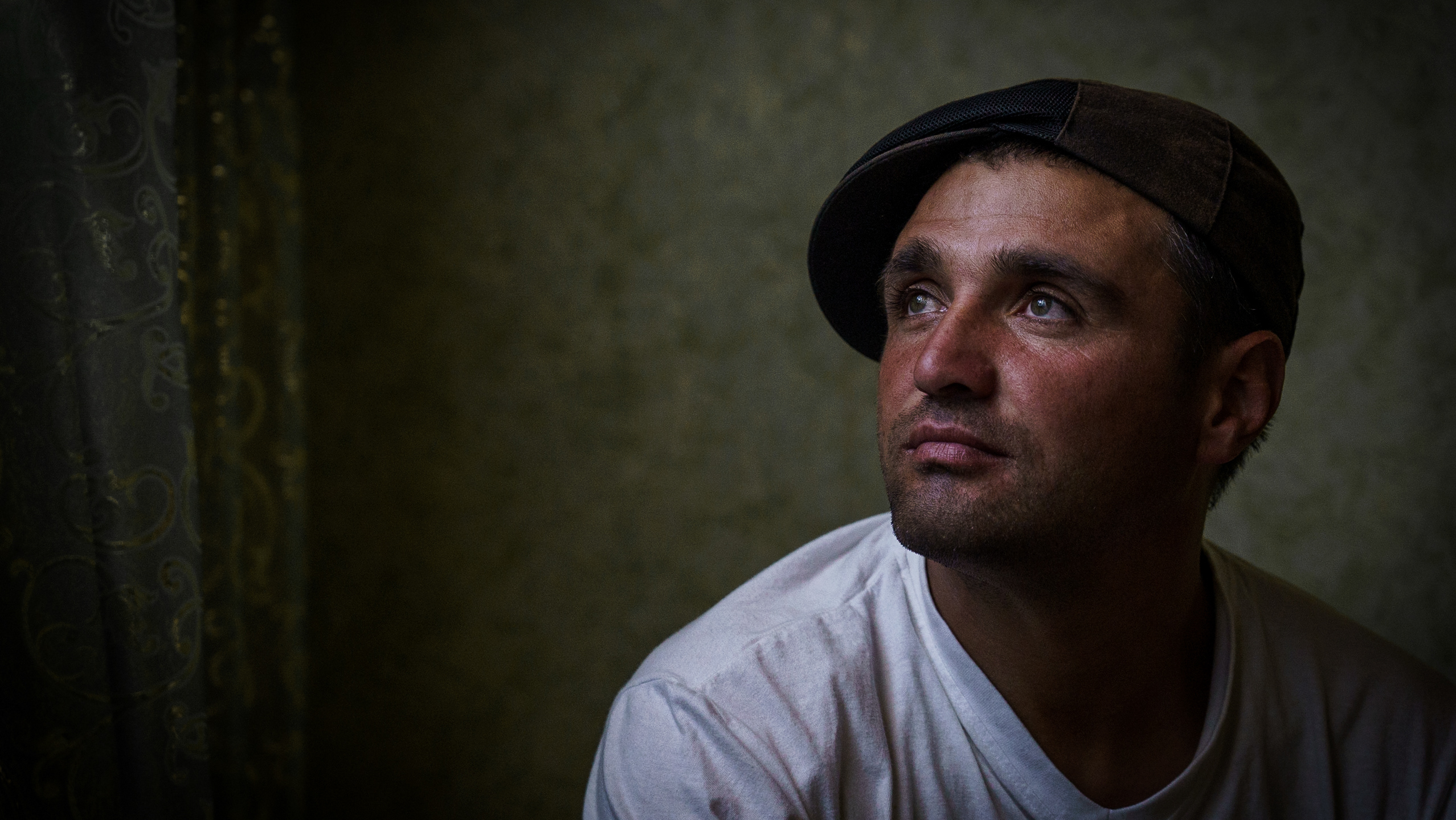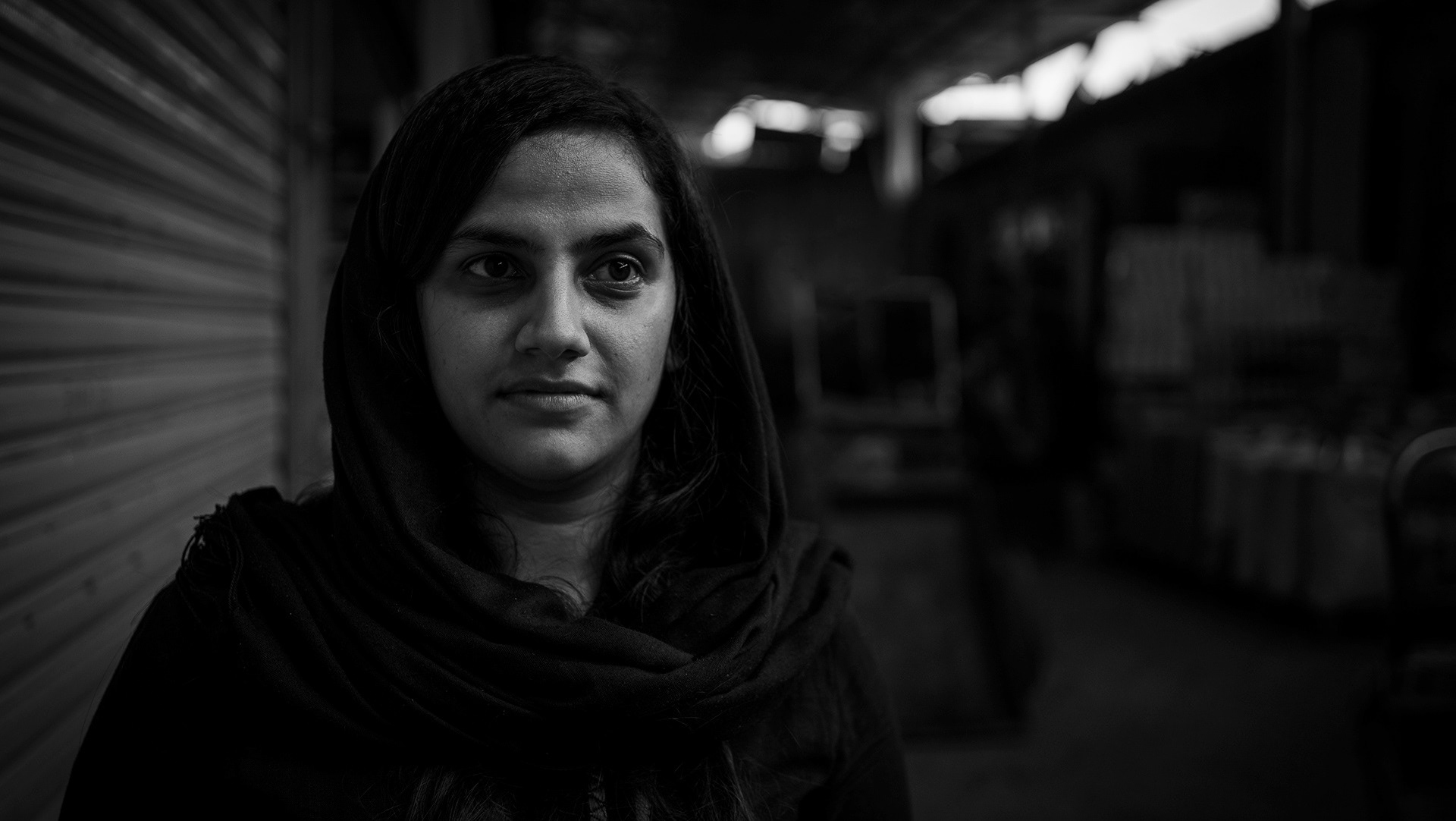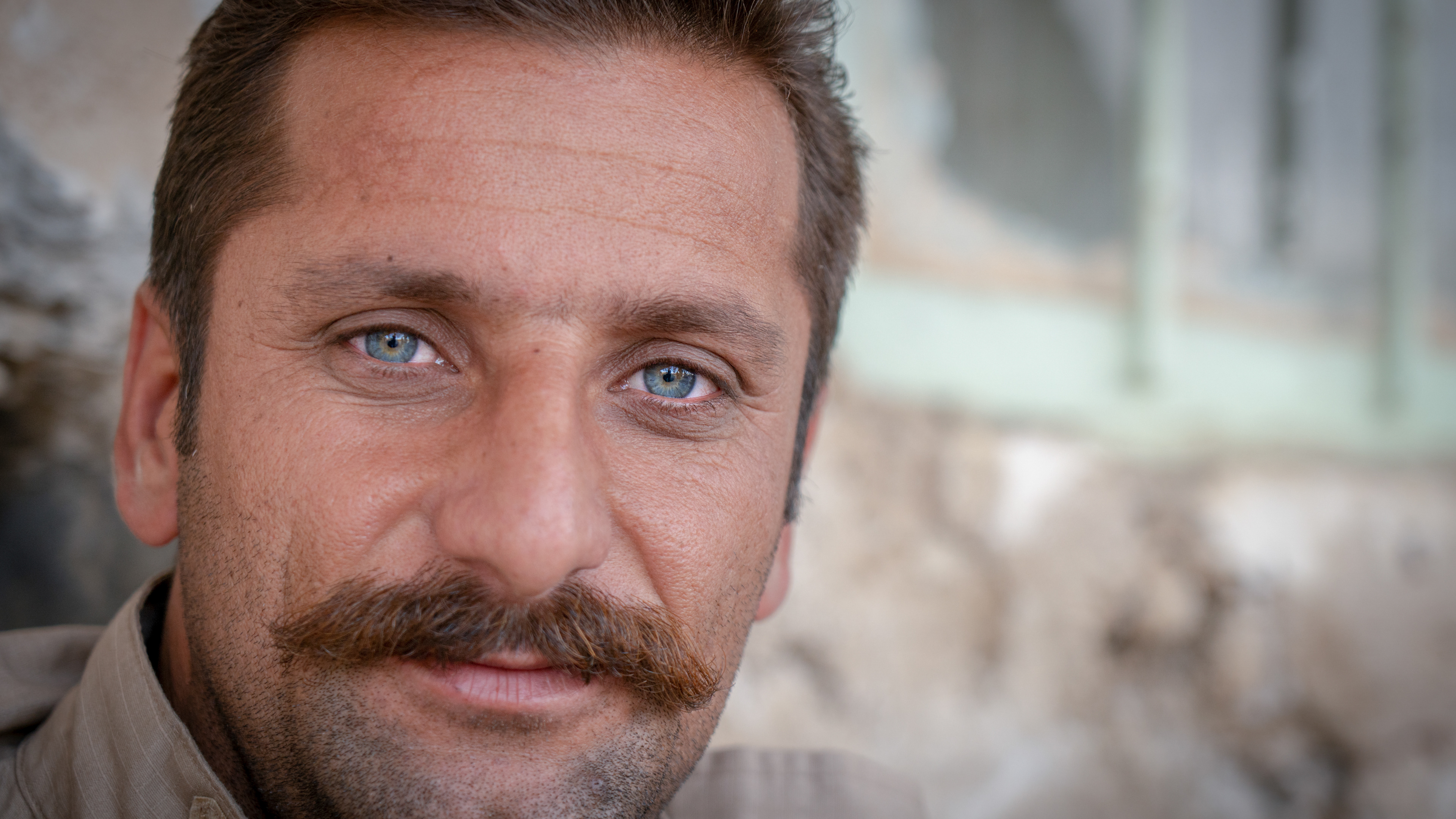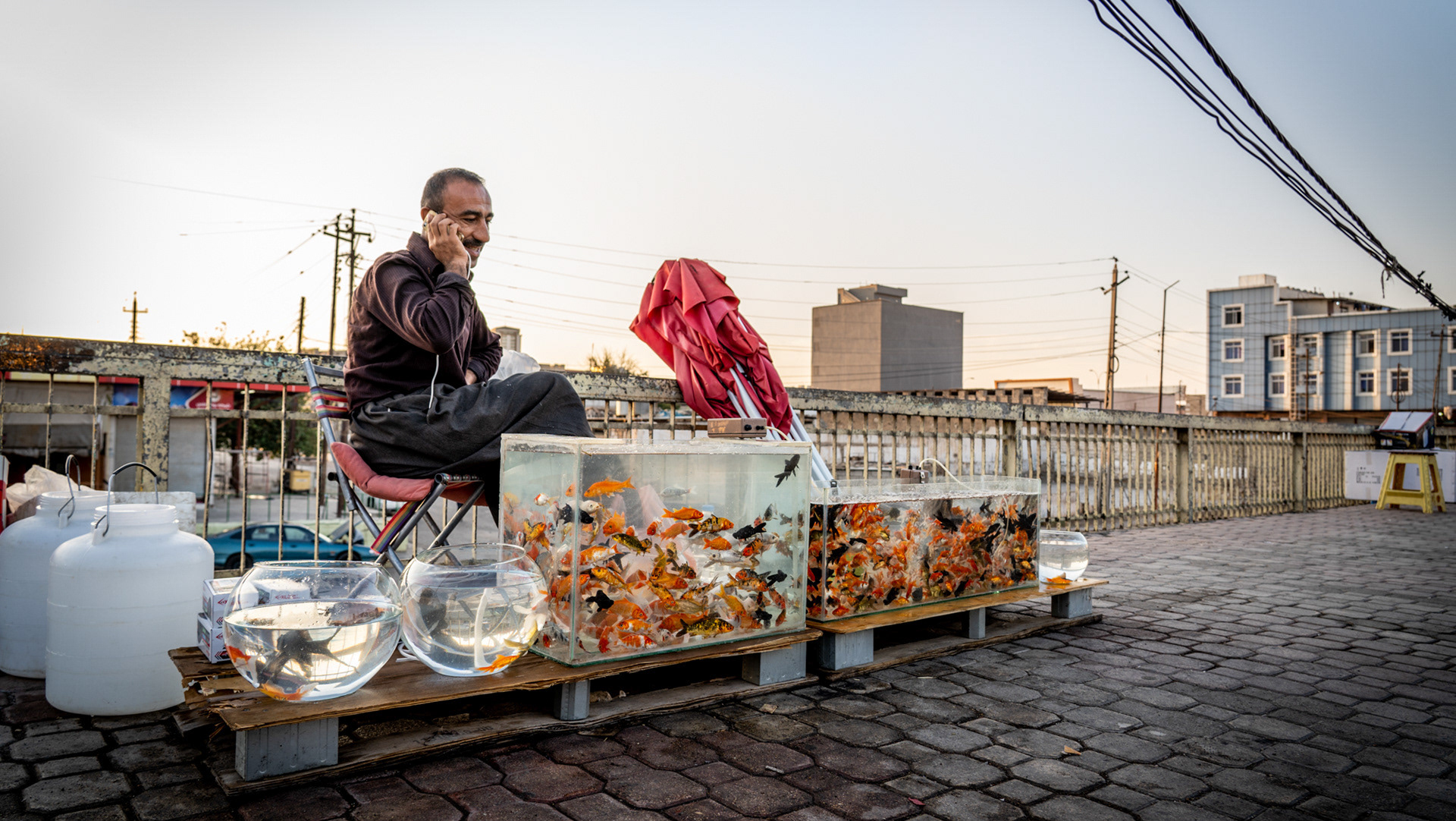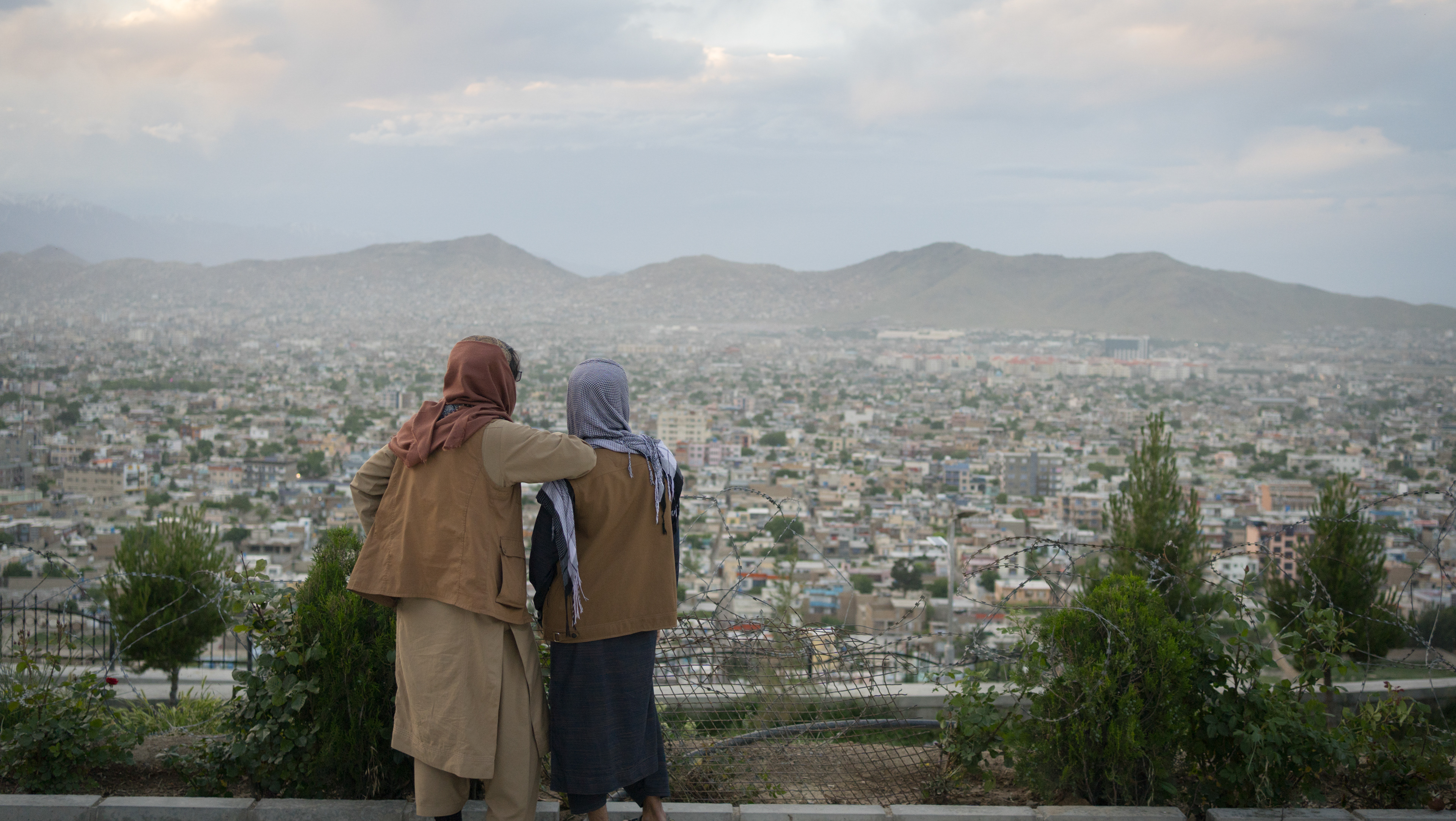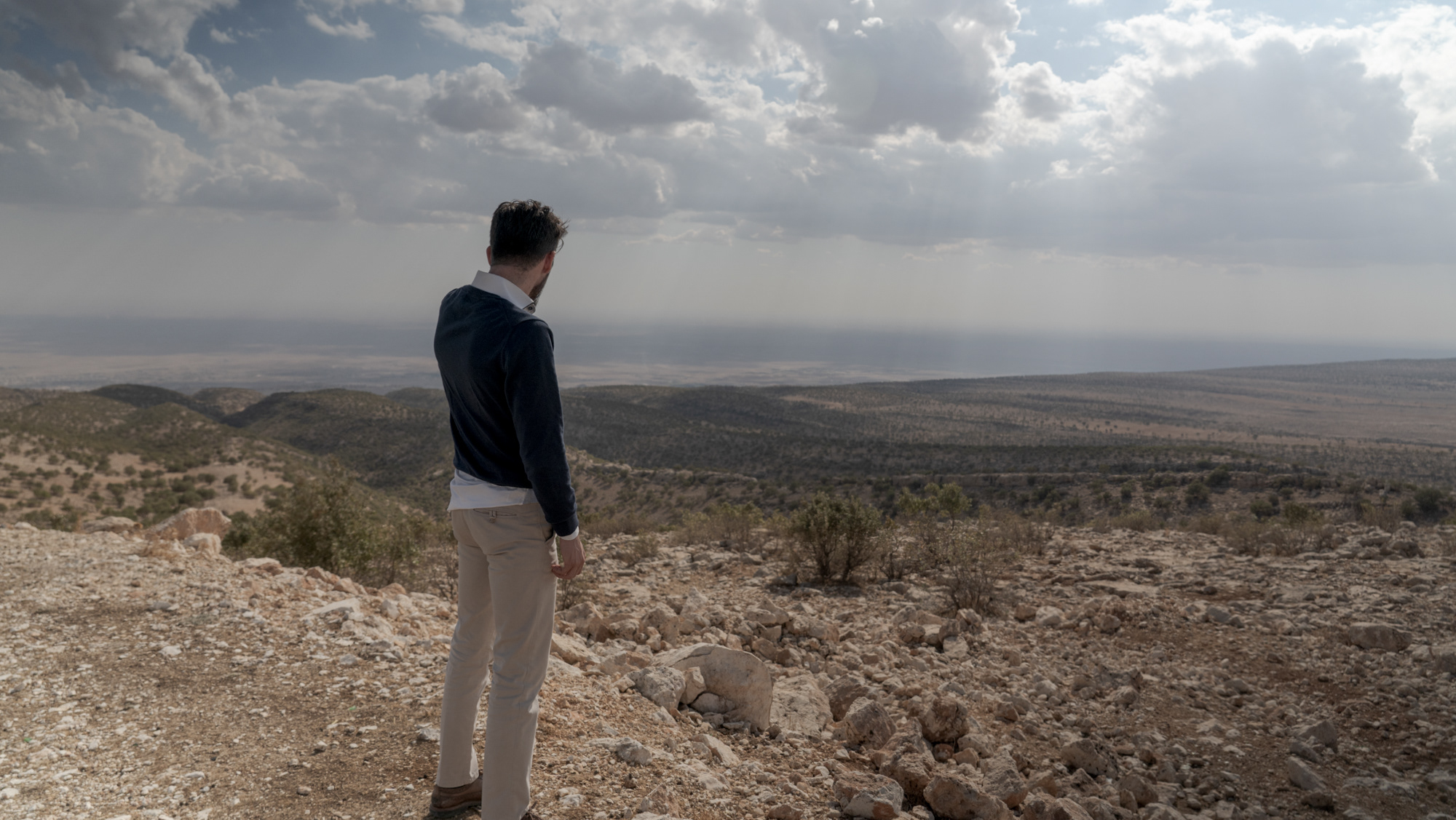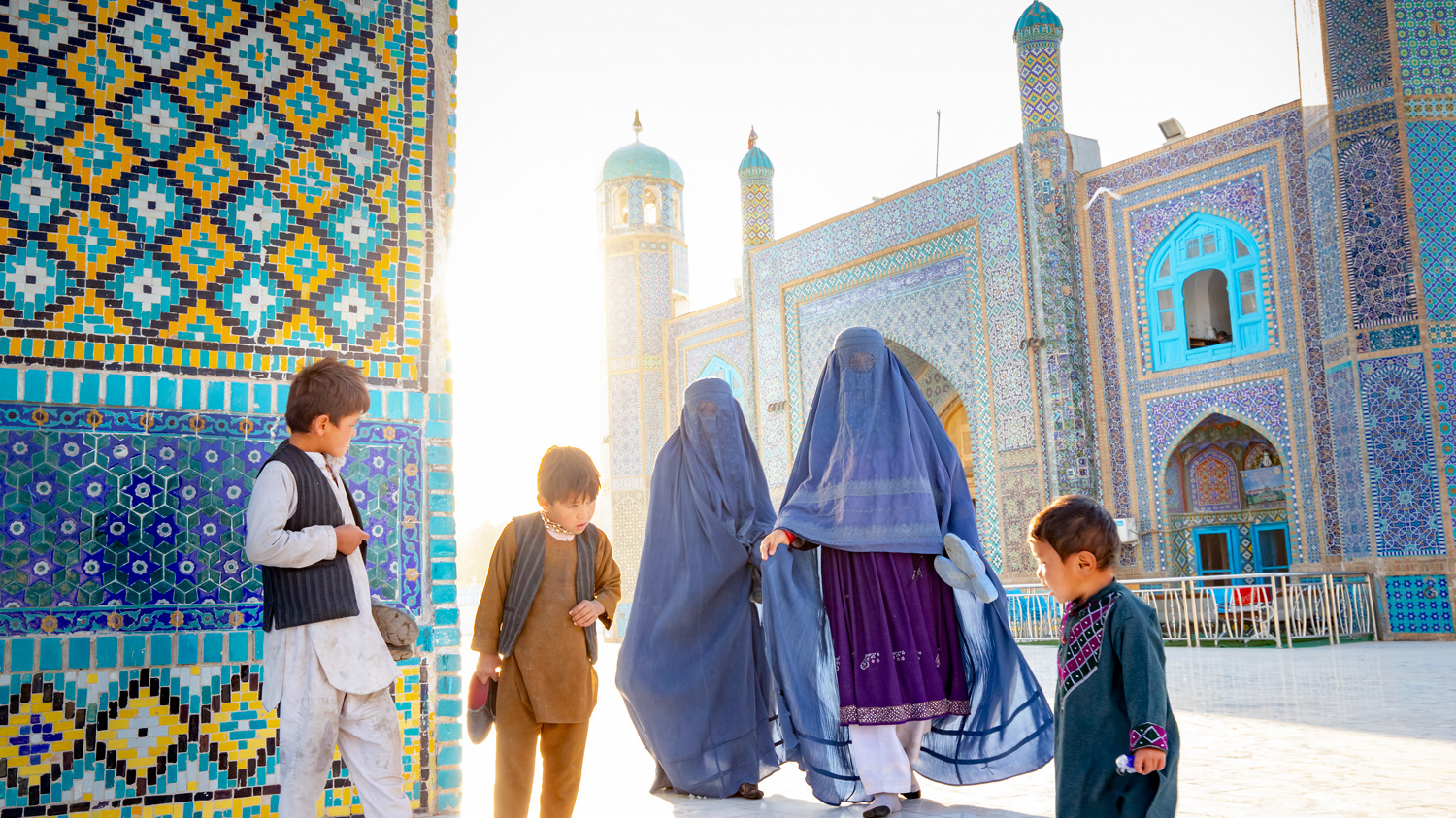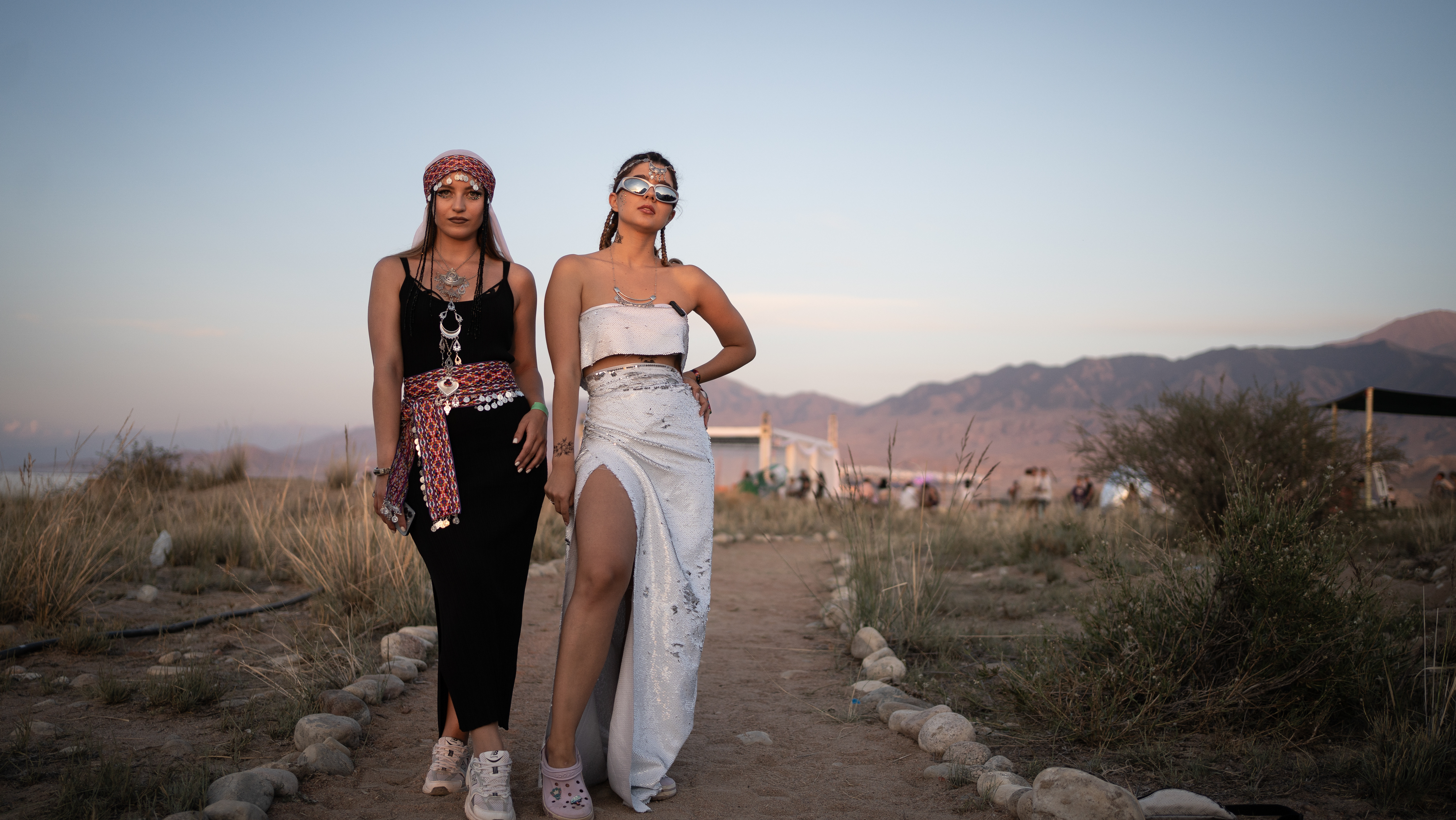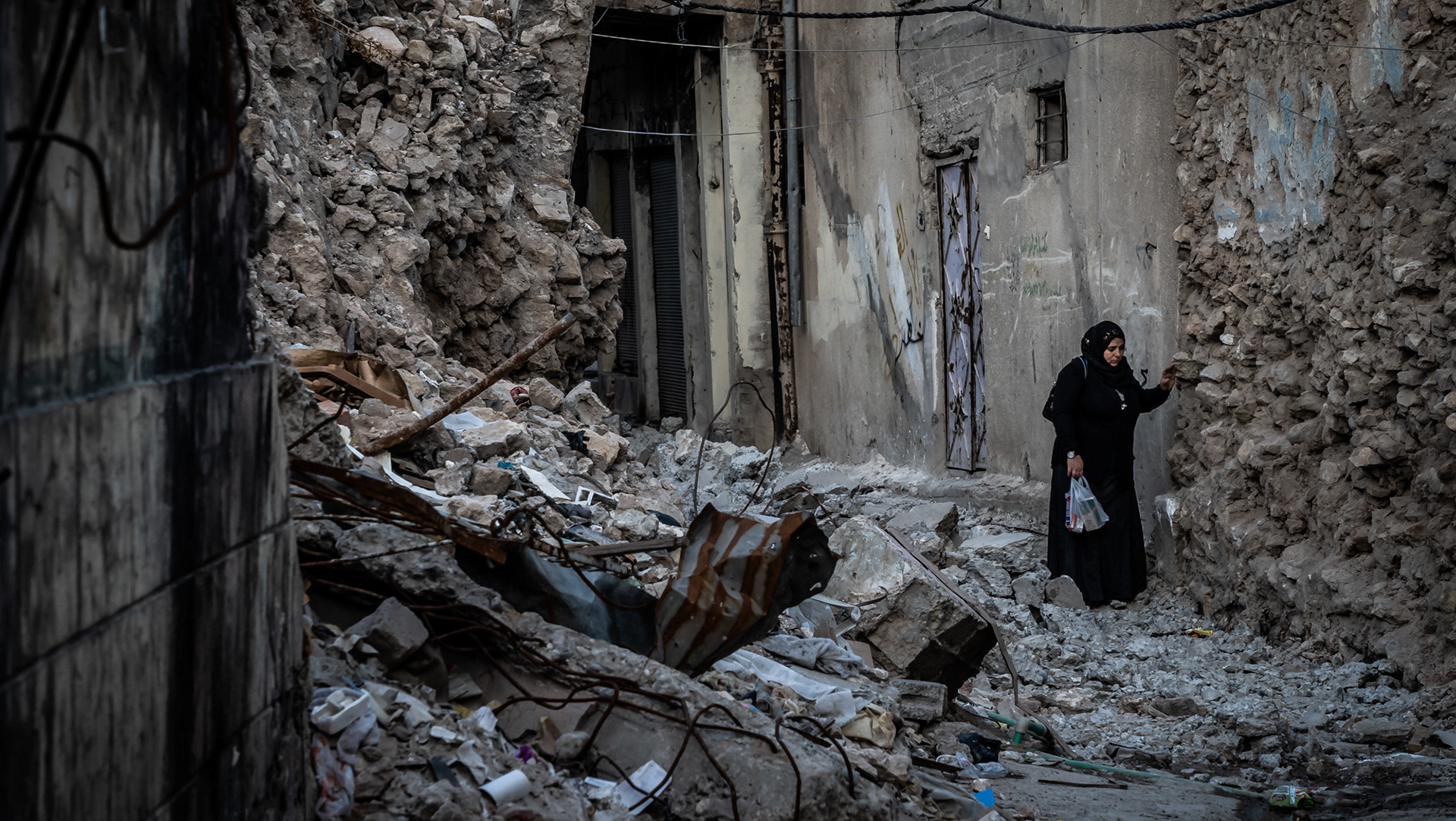When ISIS invaded Sinjar, the region in North-Iraq where the Jezidi's live, they killed the men and kidnapped the girls, boys and women. Girls and women became slaves in the homes of ISIS fighters, were subjected to rape and torture and often sold off to multiple 'owners'. Boys were sent to ISIS training camps, brainwashed and made into their soldiers. These are portraits of people who have survived this ISIS captivity.
Ayman Eido, 16, from Hardan. Now lives in Sinjar, Iraq. Ayman was held captive by ISIS for 2 years, and repeatedly sold off on slave markets in Mosul, Tel Affar and Raqqa. She lost 21 family members, including two brothers and one sister. She was 9 years old when she was captured by ISIS, separated from her family and subjected to rape and abuse.
Layla Taloo. Now lives in Iraqi Kurdistan.
Layla was held captive by ISIS for almost 3 years, together with her children and was forced to work as a slave in their household.
Layla was held captive by ISIS for almost 3 years, together with her children and was forced to work as a slave in their household.
Sipan, 23, now lives in Iraqi Kurdistan.
Sipan had been away from her home for 7 years. 5 years she spent in ISIS captivity in Syria and 1,5 years spent with a family in Syria before she could find a way back home. Around 3 years into her captivity, she ran into her brother in Syria, who was also captured by ISIS. In him she confided her last wish, which was to have a tombstone made for her, as she was certain she would die here. Her brother managed to escape and didn't hear from her for many years, presuming she was dead. He made the grave, with her picture on it. Only a few months ago, they finally could be reunited. The picture and little frame with her name that was put on the grave is still standing in the closet in her room. Now she lives with her brother Majdjal in the home of their elder brother, having lost both their parents and many other family members.
Sipan had been away from her home for 7 years. 5 years she spent in ISIS captivity in Syria and 1,5 years spent with a family in Syria before she could find a way back home. Around 3 years into her captivity, she ran into her brother in Syria, who was also captured by ISIS. In him she confided her last wish, which was to have a tombstone made for her, as she was certain she would die here. Her brother managed to escape and didn't hear from her for many years, presuming she was dead. He made the grave, with her picture on it. Only a few months ago, they finally could be reunited. The picture and little frame with her name that was put on the grave is still standing in the closet in her room. Now she lives with her brother Majdjal in the home of their elder brother, having lost both their parents and many other family members.
Mazdjal, 23, now lives in Iraqi Kurdistan.
Mazdjal is the brother of Sipan. He was captured by ISIS and subjected to their programs of brainwashing and torture to become an ISIS soldier or suicide bomber.
Mazdjal is the brother of Sipan. He was captured by ISIS and subjected to their programs of brainwashing and torture to become an ISIS soldier or suicide bomber.
The image that was placed on Sipan's tombstone
Sayfi, 30, from Solag village. Now lives in Sinjar, Iraq.
Sayfi was in ISIS captivity for 5 years. Sayfi was kept in Tel Afar with her family, but separated from her family after 1,5 month. They were transported to a big factory, where an ISIS member bought her as ‘’Sabaya’’ – a sex slave.’ Sayfi was beaten daily and living in inhumane conditions with the ISIS member and his wife.
Sayfi was in ISIS captivity for 5 years. Sayfi was kept in Tel Afar with her family, but separated from her family after 1,5 month. They were transported to a big factory, where an ISIS member bought her as ‘’Sabaya’’ – a sex slave.’ Sayfi was beaten daily and living in inhumane conditions with the ISIS member and his wife.
Diane. Now lives in Iraqi Kurdistan.
Shireen, 27, from Hardan village. Now lives in Iraqi Kurdistan.
Shireen was in captivity for almost 3 years, held in Mosul. She was raped and almost beaten to death. During the time she was held in Mosul, she and other Yazidi captives felt so hopeless about their situation, that they lost hope to even die. Death would be a release from the terrible suffering, and for many Yazidi captives something they would hope for after years of being captured. Shireen tried to commit suicide 4 times, but says anybody who attempted to do this was prevented by ISIS in doing so. Eventually, she managed to escape, while the city of Mosul was being heavily bombarded in the fighting to liberate the city from ISIS.
Lalish is the holiest place for Yezidi's, located in Iraqi Kurdistan.
Baba Chewish is one of the religious leaders of the Yezidi's. The leaders declared that the girls who were raped and had babies, could return to their community, after in first instance being exiled.
Many girls who survived ISIS captivity and rape, come to Lalish to be baptized by the holy water from this well.
